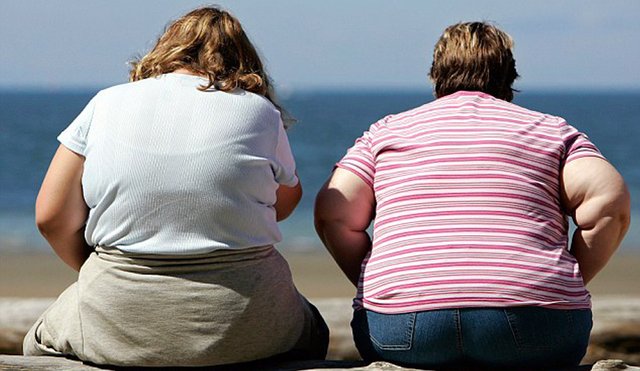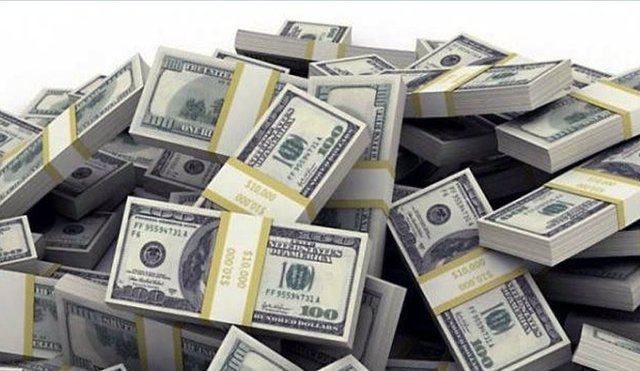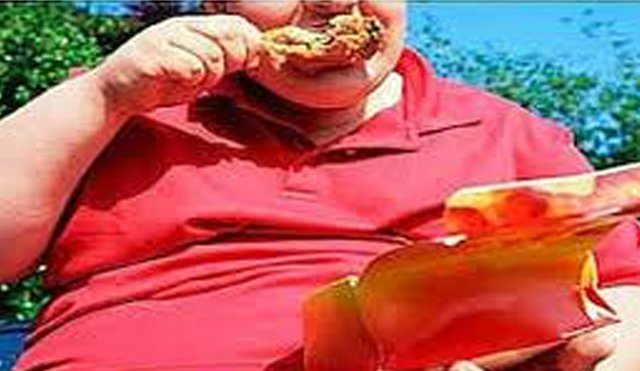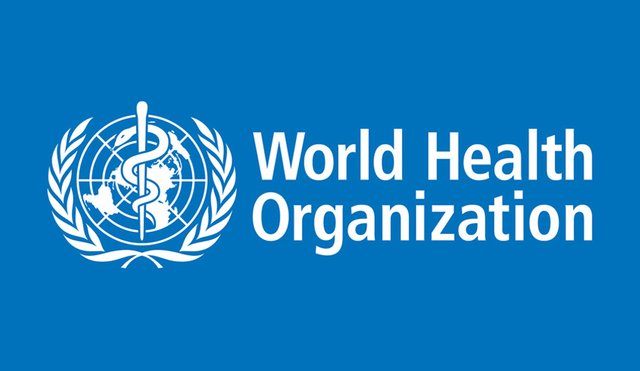FIGHTING YOUTH BODY FATNESS: Does tax on junk food make sense?

Photo reference (http:) //i.dailymail.co.uk/i/pix/2014/05/30 article-2643858-026820E4000004B0-813_634x409.jpg
Introduction
Due to the importance of the obesity-related diseases, obese population tends to cause a negative externality on the non-obese.
The most obvious aspect is constituted by a higher utilization of healthcare resources and associated costs. An obese person's annual medical costs are more than $700 greater than those of a comparable thin person. (The total medical costs of obesity surpass $200 billion a year in America, which is higher than the bill for smoking).

Photo reference (http:) //forextradingstrategies4u.com/wp-content/uploads/2016/03/5-fastest-ways-to-make-1-million-dollars-in-forex.jpg
But other more indirect effects have to be mentioned, as higher labour absenteeism, work inefficiency, lower productivity affecting firms’ profitability.
Therefore the question is: what attitude must have the government when the behavior of some has a negative impact on the whole community?

Photo reference (http:) www.funnypica.com/wp-content/uploads/2015/05/Funny-People-Sleeping-at-Work-2-570x499.jpg
Proponents of the tax argue that it would help individuals to have a more informed lifestyle and, consequently, the negative impact on the community would be reduced.
Opponents to such measures argue that we have to consider a sort of compensation. From their point of view many costs are internalized, since obese individuals tend to die earlier than healthy-weight individuals, claim less pension benefits and receive lower retirement income from the Social Security system (i.e., shorter labour careers and lower wages).
Some even argue that there would be little reason to tax those consumers of sodas and fast foods who do not become obese and, consequently, do not cause any social (external) costs (Posner, 2009).
In the light of the above mentioned different points of view, the question then becomes: can the government intervene to reduce obesity on the basis of equity or efficiency?

Photo reference (http:) //turnaround-society.com/wp-content/uploads/2015/10/government.jpg
About obesity
Childhood obesity is a major health concern whose effects persist into adulthood.
For this reason, according to the World Health Organization, childhood obesity is one of the most serious public health problems of the 21st century.
While Europe is heading in the same direction as the US (higher obesity rates), continental Europe has much lower rates of obesity than the UK and US.
Childhood obesity has been associated with a host of chronic health problems, such as high blood pressure, hypertension, gallbladder disease, and Type 2 diabetes, which persist in adulthood.

Photo reference (http:) www.focus.it/site_stored/imgs/0004/033/bambini_obesi3_web-400x300.630x360.jpg
Where do we find obesity
Obesity began rising in rich countries several decades ago, but is now taking hold in middle-income countries like China and Mexico.
Numerous studies have shown a relationship between the price of food, especially junk food, and body weight. As fast food has become relatively cheaper, so people have become fatter.
There is a long list of explanations offered for the rapid rise in childhood obesity and overweight. These include:
- falling food prices;
- increased demand for sugary drinks;
- advertising of unhealthy foods targeted at children;
- increased time spent in sedentary activities, such as watching TV or videos, using a computer, or playing computer games.
- lack of vigorous physical activity;
- increased food portion sizes.
An estimated 42 million children under the age of 5 were overweight or obese last year and about 48 percent lived in Asia and 25 percent in Africa. They are precisely the countries where there has been a considerable decrease in consumer prices.

Photo reference (http:) //alimentazionebambini.e-coop.it/wp-content/uploads/2012/09/Bibite-zuccherate-250x192.jpg
The reasons of those who argue that taxes are a good tool to fight obesity
Since there is not a single explanation for the obesity epidemic, there is no single or simple solution.
Selective taxes or subsidies may be able to accomplish part of this goal through changes in food prices.
But it should be kept in mind that taxes are blunt instruments that impose significant welfare costs on individuals who consume food in moderation.
In this regard, it must be said that The International Council of Beverages Associations issued a statement that said: "The council is disappointed that the W.H.O. technical committee's report advocates the discriminatory taxation Solely of certain beverages as a "solution" to the very real and complex challenge of obesity . “
It has also to be considered that parents may maybe more easily and immediately affect the choices made by their children than the government policies.

Photo reference (http:) //i.dailymail.co.uk/i/pix/2011/09/03/article-0-0DB3567600000578-407_468x286.jpg
Given the above, on October the 11th 2016, the World Health Organization urged countries to impose a tax on sugary drinks to battle the growing obesity epidemic and presented new data on the beneficial health effects of such a tax.
W.H.O. said that a tax on sugary beverages raising their price 20 percent would result in a proportionate reduction in their consumption.
The experts also found that subsidies for fresh fruits and vegetables that reduce prices 10 percent to 30 percent can increase consumption of them.
They also say that sugary drinks are a problem among children and the poor, and an increase in prices would be particularly effective for those groups.

Photo reference (http:) //www.informagiovaniarezzo.org/wp-content/uploads/2016/07/who-logo1.jpg
On the contrary, studies seems to prove that the biggest consumers of fattening food may prove resilient to price increases, so a fat tax may do little to improve health, at least for today's junk-food addicts.
New studies on the effect of cigarette and alcohol sin taxes, for example, suggest heavy users are less influenced by price changes than others.
References:
Fighting youth body fatness: The role of food prices - (http:) //www.voxeu.org/article/body-fat-and-food-prices
The rise of obesity in Europe: An economic perspective - (http:) //www.voxeu.org/article/should-government-intervene-reduce-obesity
Does tax on junk food make sense? - (http:) //www.economist.com/node/14120903/print
W.H.O. Urges Tax on Sugary Drinks to Fight Obesity - By Sabrina Tavernise - October 11, 2016
Taxation of unhealthy consumption of food and drinks: An updated literature review - By J. Gil, G. López-Casasnovas, T. Mora - April 2014
how about if we stop the regulatory agencies from outlawing healthy food, and promoting poor health practices that enrich the pharmaceutical companies.
Which healthy food is outlawed?
And you are right, promoting vitamin pills is a bad idea.
raw milk.
mocking by saying vitamin pills, exposes a lack of desire to find the true causes of ill health including obesity, in our world today. if flippant is what you want to be, then why post on a subject that pretends to care about the health of others? taxing people won't make them thinner or healthier, not taxing them, under the current situation won't either. was your point to get comments from people who actually know something about health, so you could make fun of them, or to promote the appeal to authority, that is the "experts" at the WHO?
economic behavior modification is a violation of individual rights.
how much have you really thought about this? did you read an article and believe yourself to
be informed?
No, it's exactly the opposite.
My daughter is preparing an examination of economics at the University. I saw the titles of articles that they have given her to study and I got curious.
I read them and I had your same concerns.
I have published a summary just to see the reaction of the readers. ... To see if I'm crazy or if there is some other who thinks like me. ... and like you.
Let's see how it goes...
Thank you!
i apologize if i mistook your meaning. i am continuing to try to help people see through the lies of the "authorities" that are leading us to ever greater increase of illness and death. the proof is in the pudding, as they say. in this case, the pudding is laced with 35 different chemicals that are toxic by themselves and no one knows what they do in combination. if your aim is to educate about the creation of more illness to use as an engine of profits, at the expense of our lives, i applaud you. thank you.
So you saying selling people vitamins that hurt them so that the industry can have more money is not bad??
And raw milk is not outlawed. You cam produce it, drink it, throw it away... you are just not allowed to sell it because of health reasons (germs).
@lennstar, i don't think i could pack that many misconceptions into such a short statement. congratulations. i will not take the staggering amount of time it would take to educate you on how many layers deep in obfuscation your statements are. i hope you get some help, i have other things to do today than battle trolls.
I always try my best to educate people on the one-sidedness of their POV. Nice when it works any you actually started thinking.
Simple answer here... but as always there is never a clear black and white answer. For me 80% of the problem is bad parenting...simple!! Raise your child right from the day they are born, teach them healthy choices by example and ingraining in them the right way to live. Feed them healthy choices, avoid antibiotics strenuously, encourage physical activity daily by participating with them, limit TV time, limit online gaming time... seated at the table as a family dinners EVERY day where conversation can take place .... etc etc etc. Not rocket science.
I agree with you.
And for this reason I have published a summary of the articles that my daughter was studying for an exam at the University. I was surprised when I read them. I wondered, "Do we really have to put in motion all this mechanism? Wouldn't it be easier to act on the education of our children?".